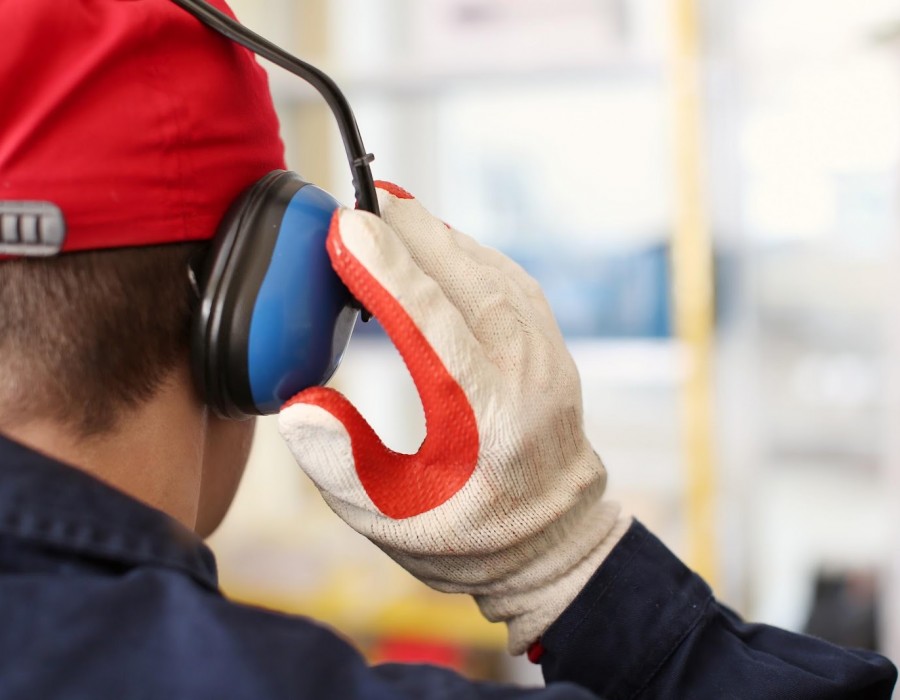An average adult catches a cold two to three times a year. This particular illness is common. Often cold makes you suffer pain and discomfort. Symptoms of a cold include fever, runny nose, sneezing, and coughing. One common cold symptom that gets less attention is the ears.
If you have a cold and your ears are blocked, there are a few things that you can do to help ease your symptoms. Of course, this assumes there are no signs of an ear infection. If you have signs of infection, such as pain, pressure, fever, or fluid from your ears, see your doctor as soon as possible.
How do the ears get blocked?
Eustachian tubes function to maintain nasal and ear pressure. During a cold, Eustachian tubes have improper pressure balance, making your ears feel blocked. Blockage of Eustachian tubes results in blocked ears. Clogged ears can affect your hearing and cause discomfort. Blocked ears may be temporary; however, in most cases, ears remain blocked for several days.
How to Unblock Your Ears When You Have a Cold
1- Blow your nostril gently to prevent fluid overflow in your ear
The more you produce fluid in your nose and sinuses, the more you’ll have to blown to reduce the chance of it going into your ears.
2- A humidifier can reduce discomfort
Use a humidifier to prevent the surrounding air from getting too dry. It will relax the nasal passages and prevent further inflammation. Hence, it helps in reducing discomfort.
3- More fluid intake reduces ear wall pressure
More fluid intake helps your nasal mucus stay hydrated. Therefore, drink a lot of water. Water can help you thin out nasal mucus, which becomes easy for your body to drain. It releases pressure from ear walls.
4- Over-the-counter provides quick relief
Staying hydrated is very important. However, this may not be much helpful in several cases. Therefore, nasal decongestants and nasal sprays can provide quick relief. Attune is a leading independent Australian hearing healthcare provider. Highly qualified Audiologists at Attune provide in-depth hearing assessments for all ages and best balance management.






Comments